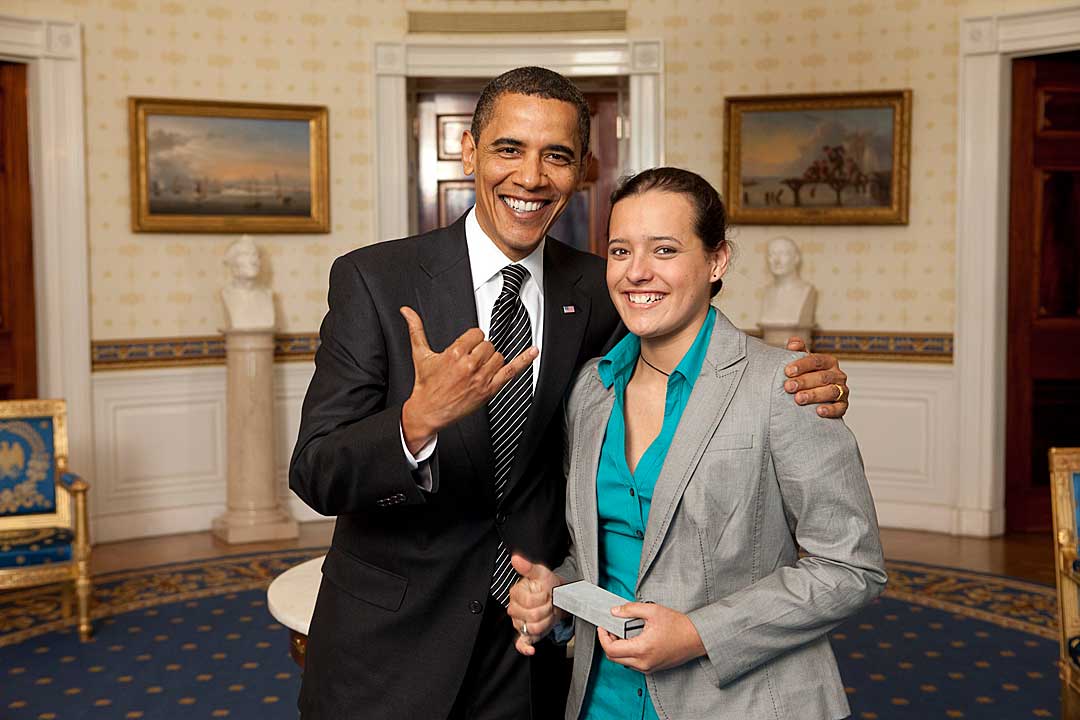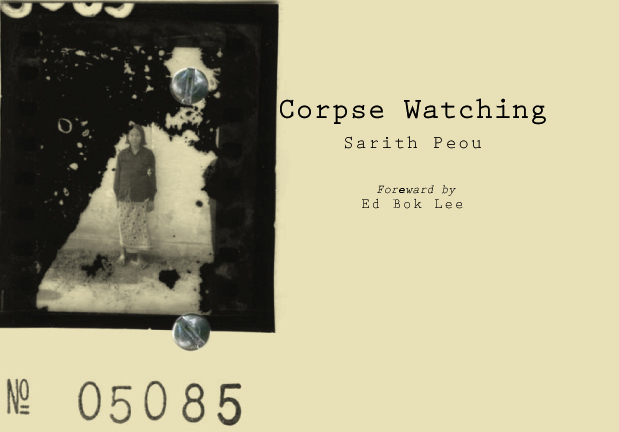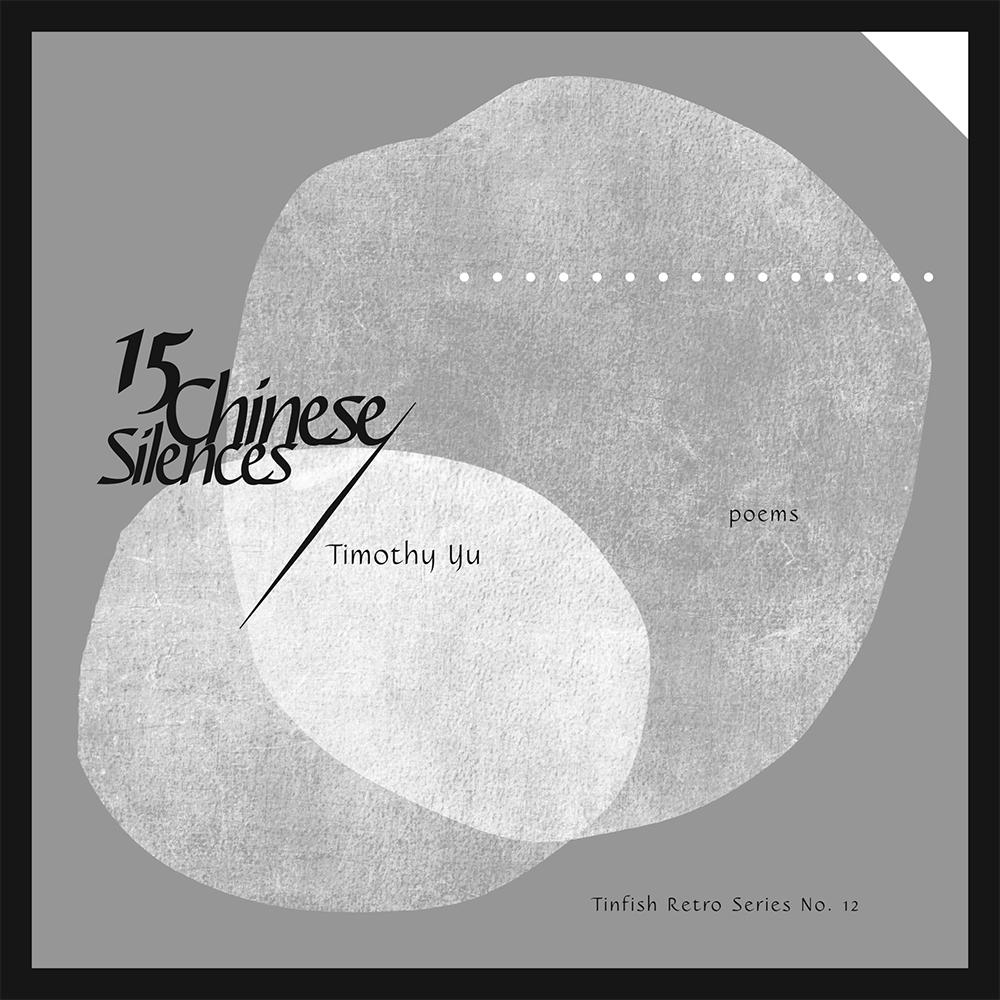Susan M. Schultz
Experimental poetries in the Pacific / editing Tinfish Press
Susan M. Schultz
'Is there anyone out there?'
Kaona / koan: Jamaica Osorio and Norman Fischer voice the conflicts

March 17, 2012
Trauma, tenderness, and the archive
Sydney L. Iaukea, Sarith Peou, Adam Aitken, and the emotional archive

March 10, 2012
'What if all I can see is a mountain?'
Poetic meditations on place in Hawai`i
March 5, 2012
Gizelle Gajelonia, Timothy Yu, and Jonathan Stalling in conversation
Not intertexts, but inhabitations!

February 28, 2012
